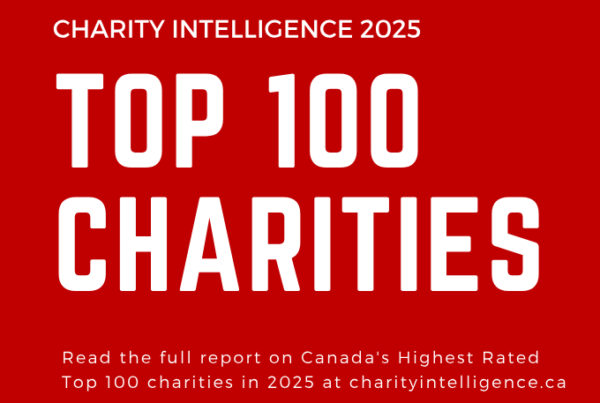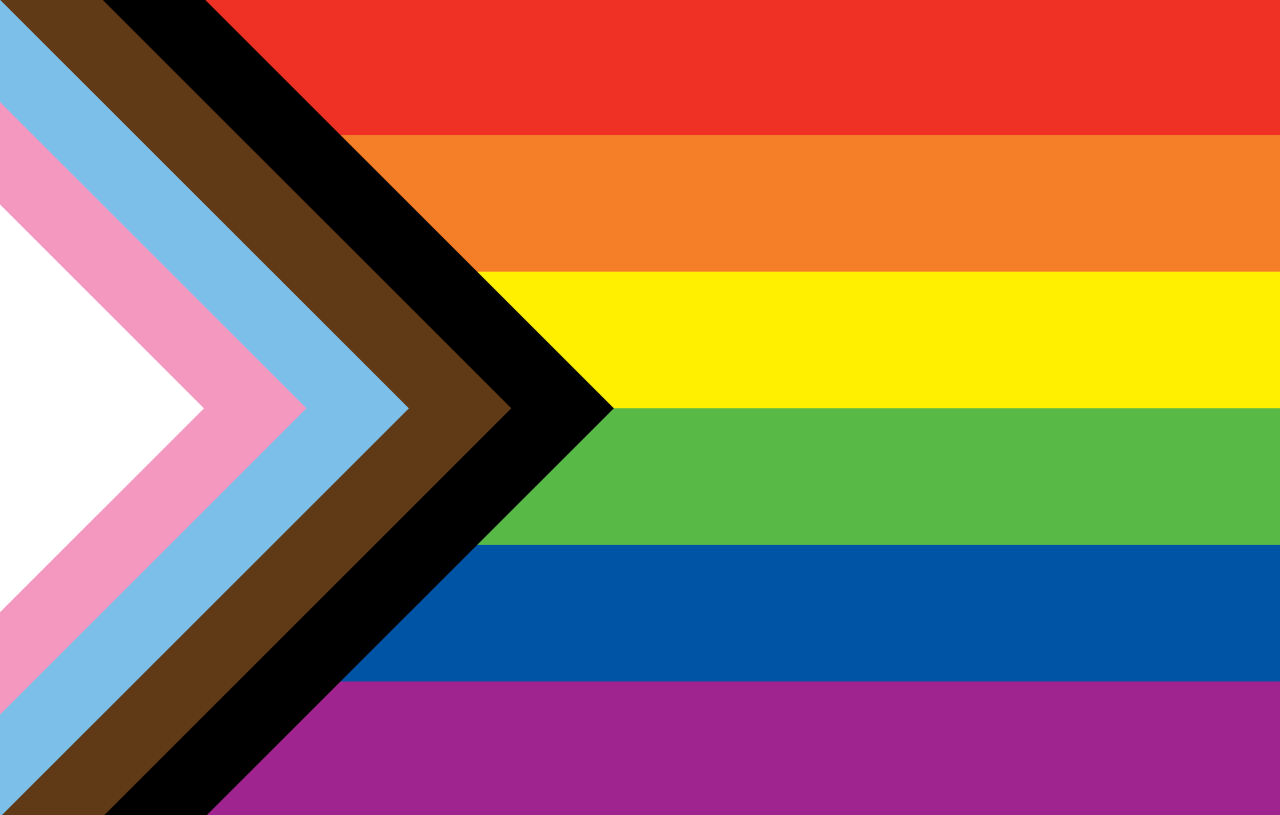September 30th is officially known as the National Day for Truth and Reconciliation, which provides an opportunity for all of us to confront the ongoing legacy of colonialism, the history of residential schools, and the trauma experienced by Indigenous Peoples in Canada. Many people will have today off, and we encourage you to attend an event, or take time to learn more.
The Meaning of TRC Day
Truth and Reconciliation Day, also known as Orange Shirt Day, was established in response to the Truth and Reconciliation Commission’s Calls to Action, particularly Call to Action 80. This call urges the federal government to create a statutory holiday to honour survivors, families, and communities impacted by residential schools. The wearing of orange shirts on this day stems from the story of Phyllis Webstad, a residential school survivor whose orange shirt was taken away on her first day of school—symbolizing the stripping of identity and culture from Indigenous children. Orange Shirt Day reminds us that Every Child Matters.
This day provides an opportunity to remember the children who never made it home and the resilience of those who did. This day encourages us to engage with the history and current realities of Indigenous Peoples and their experiences with Canada’s colonial system.
At the heart of reconciliation is the truth: a painful, but essential truth. It’s about acknowledging that Indigenous Peoples continue to face systemic racism, cultural erasure, and generational trauma caused by residential schools. Truth and Reconciliation Day is an opportunity to honour these truths and take responsibility for our role in ensuring that these stories are never forgotten.
More Than a Day Off
It’s essential to note that this day is not a typical holiday. It is a day for action, listening, learning, and reflecting. It’s a time where all of us can deepen our understanding of the harm caused to Indigenous Peoples and the steps we need to take toward healing.
For non-Indigenous people, reconciliation starts with educating ourselves and understanding the truth. Take the time to read the Truth and Reconciliation Commission’s 94 Calls to Action, learn about the local Indigenous Nations whose land you live on, and explore ways you can contribute to breaking down colonial systems in your everyday life.
How Can We Participate?
- Listen: Seek out Indigenous voices—read books, watch documentaries, or listen to podcasts by Indigenous creators. Pay attention to their lived experiences, histories, and visions for a future built on reconciliation and respect.
- Learn: Take the time to educate yourself on the history of residential schools, Indigenous rights, and the ongoing challenges Indigenous communities face today. Discover the significance of treaties, traditional cultural practices, and the profound contributions of Indigenous peoples to our society.
- Read about the Importance of smudging here
- Read about personalized land acknowledgements here
- Reflect: Ask yourself what reconciliation means in your own life. How can you help create space for healing and acknowledgment? Consider how colonialism has shaped our institutions and the privileges many of us unknowingly carry. Reflection is the first step toward meaningful change.
- Act: Reconciliation is not a passive process. It requires ongoing efforts and tangible actions. Advocate for Indigenous rights, support Indigenous-led organizations, and actively work toward dismantling the colonial structures that persist in our society.
Reconciliation Is a Journey
While Truth and Reconciliation Day is an important marker, it’s essential to remember that reconciliation is not a one-day event. This is a lifelong journey that requires continuous learning, unlearning, and engagement. As we observe this day, let us do so with a commitment to listening, learning, reflecting, and ultimately, reconciling.
Let this Tuesday serve as a reminder that we all have a role to play in building a future where Indigenous Peoples are celebrated, respected, and empowered, and the whole truth of Canada’s history is acknowledged and honoured.
Reconciliation is about creating a path forward—one that ensures Indigenous Peoples’ voices, rights, and futures are fully realized.
Events to Attend Around Calgary
University of Calgary Orange Shirt Day Resources and Events
Heritage Park – National Day for Truth and Reconciliation Event
Films and Documentaries to Watch:
nîpawistamâsowin: We Will Stand Up: Sensitively directed by Tasha Hubbard,
nîpawistamâsowin: We Will Stand Up follows the family of the late Colten Boushie, a young Cree man fatally shot in a Saskatchewan farmyard, as they demand justice from Canada’s legal system.
Bring Them Home/Aiskótáhkapiyaaya:
Chronicling a decades-long initiative by members of the Blackfoot Confederacy to bring wild buffalo (Blackfeet: iinnii) back to the Blackfeet Reservation.



